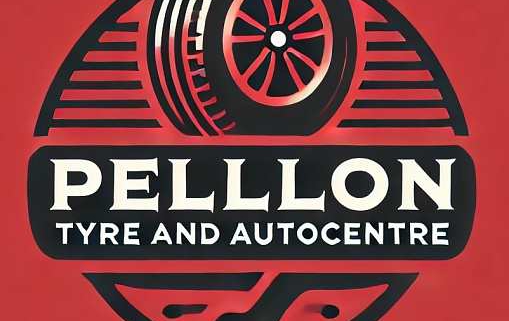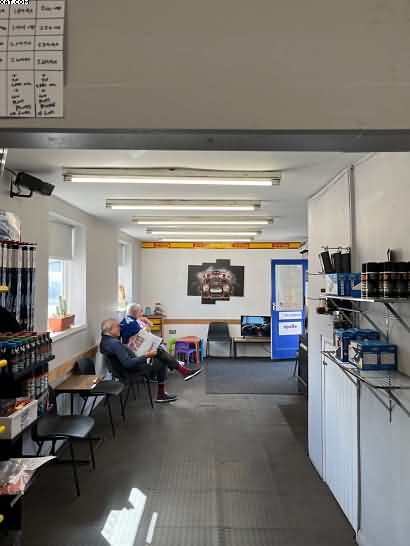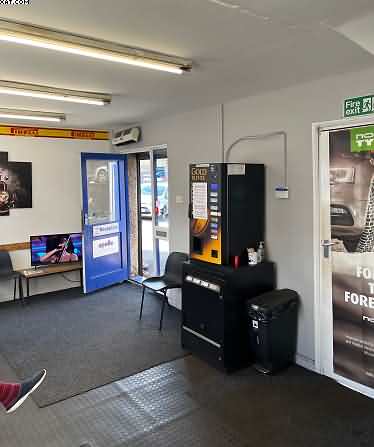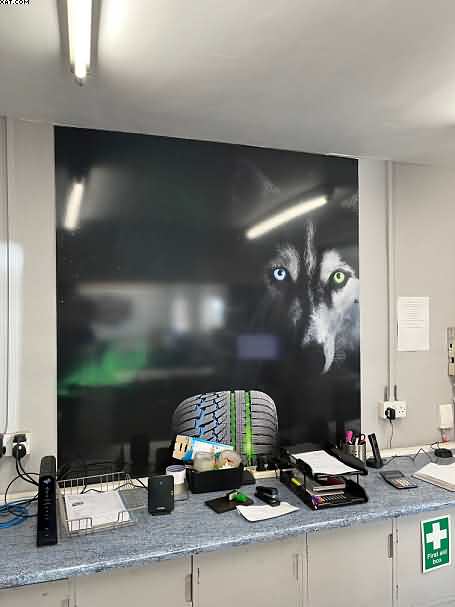Low Tyre Pressure Costs you Money
Table of Contents
Low Tyre Pressure Costs you Money

Low Tyre Pressure Costs you Money
The financial impact that low tyre pressure can have on your company
Greetings, fellow citizens of the United Kingdom! Today, let’s talk about something that might not be the first thing that comes to mind when you think about ways to reduce costs in your company, particularly if you operate a fleet of vehicles. It’s not about gimmicky technology or significant organisational shifts.
The tyre pressure is something that is simpler but quite important. You did indeed read that correctly. There is a big impact that the pressure of your tyres can have on your pocket, and here is how it might happen.
To begin, let’s take a look at some facts from Michelin that will open your eyes.
They conducted some tests and discovered that a tyre that is underinflated by just twenty percent will wear down twenty percent more quickly. This indicates that a tyre that you would anticipate to last for around 25,000 miles might only make it to 20,000 miles throughout the course of its lifetime. That’s 5,000 miles of tyre life that’s going to vanish into thin air, very literally!
Nevertheless, as the owner of a fleet, why should you take this matter seriously? However, tyres are not the only thing that is wearing out more quickly. It’s a double-whammy situation right here. Tyres that are not properly inflated result in increased fuel consumption.
And let’s not forget that the price of petrol is as predictable as the weather in the United Kingdom’s climate. According to the AA’s fuel report for petrol and diesel, the average price of the two has increased by 13.9% and 14.5%, respectively. Because of this, not only are your vehicles consuming more fuel than usual due to low tyre pressure, but they are also doing so at a time when the cost of fuel is continuously rising.
Having said that, let’s speak about the figures, Low Tyre Pressure Costs you Money
since that is where it truly hits home. Imagine that your entire fleet is driving down the M62 with tyres that are not quite pressurised to the appropriate level. Each of those automobiles is not only using petrol or diesel at a faster rate, but it is also accelerating the time at which it will need to replace its tyres.
The annual weight of each car could be hundreds of pounds as a result of this. Depending on the size of the fleet, this may mean the difference between making a tidy profit and barely making ends meet.
There is more to consider than just the price. Low Tyre Pressure Costs you Money
It is comparable to having a shop in Halifax and failing to properly lock up at night if you are operating a fleet of vehicles with tyres that are underinflated.
It is a potential danger. Under-inflated tyres can have a negative impact on the vehicle’s handling and braking, which can ultimately result in accidents. In addition, we are all aware that safety is of the utmost importance, not just for your drivers but for everyone else who is on the road.
What, then, are your options? In reality, it is quite easy. Regular inspections and upkeep are required. A regular check of the tyre pressure should be performed by your staff. It’s a simple task, but it has the potential to save you a significant amount of money and make everyone safer on the roads.
Make sure you don’t forget to ensure that your tyres have the appropriate pressure
isn’t just about saving money. Being a responsible business owner and doing everything you can to reduce emissions is the focus of this discussion. Having a lower fuel use implies that your company will have a reduced carbon impact, which is always excellent news for our beautiful green islands.
As a conclusion, the next time you are strolling around your fleet, be sure to check the tyres on each vehicle. Even though it’s a simple action, it can result in significant cost savings and safer travel.
It is possible that you will use the money you have saved to reward yourself with a delicious cup of coffee and a biscuit, or even better, you may choose to reinvest the money in your company. Remain cautious while driving, and make sure your tyres are in good condition! and that Low Tyre Pressure Costs you Money




